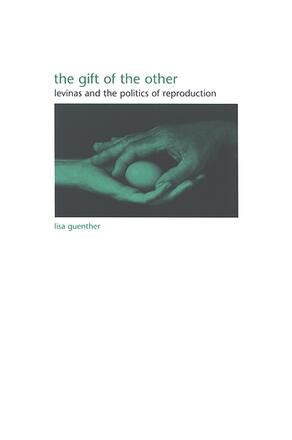
The Gift of the Other
Levinas and the Politics of Reproduction
Alternative formats available from:
A philosophical exploration of birth, maternity, and reproduction. Winner of the 2007 Symposium Book Award presented by Symposium: Canadian Journal of Continental Philosophy
Description
Winner of the 2007 Symposium Book Award presented by Symposium: Canadian Journal of Continental Philosophy
The Gift of the Other brings together a philosophical analysis of time, embodiment, and ethical responsibility with a feminist critique of the way women's reproductive capacity has been theorized and represented in Western culture. Author Lisa Guenther develops the ethical and temporal implications of understanding birth as the gift of the Other, a gift which makes existence possible, and already orients this existence toward a radical responsibility for Others. Through an engagement with the work of Levinas, Beauvoir, Arendt, Irigaray, and Kristeva, the author outlines an ethics of maternity based on the givenness of existence and a feminist politics of motherhood which critiques the exploitation of maternal generosity.
Lisa Guenther is Lecturer in the Philosophy Department at The University of Auckland, New Zealand.